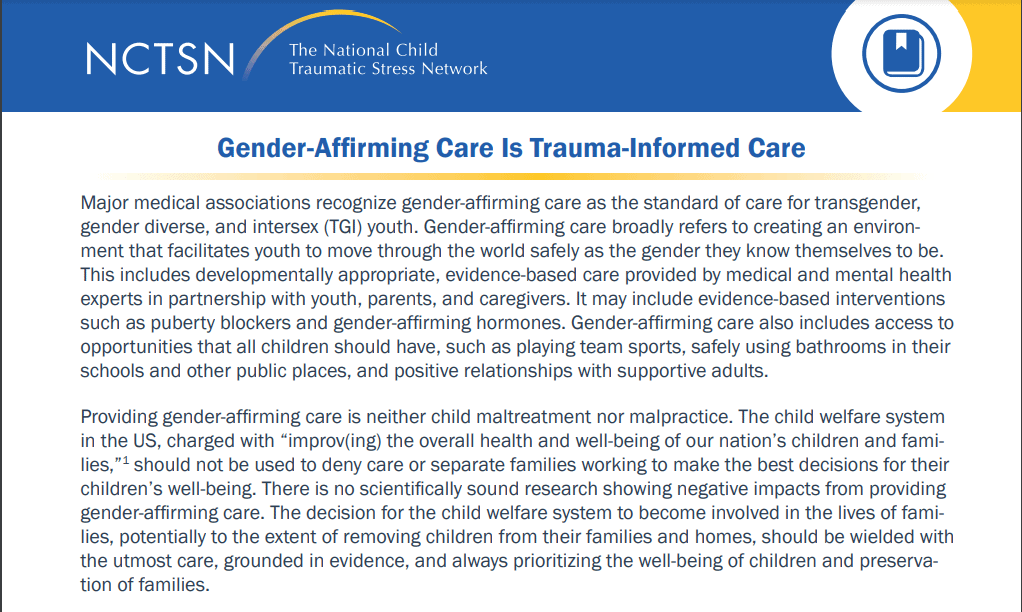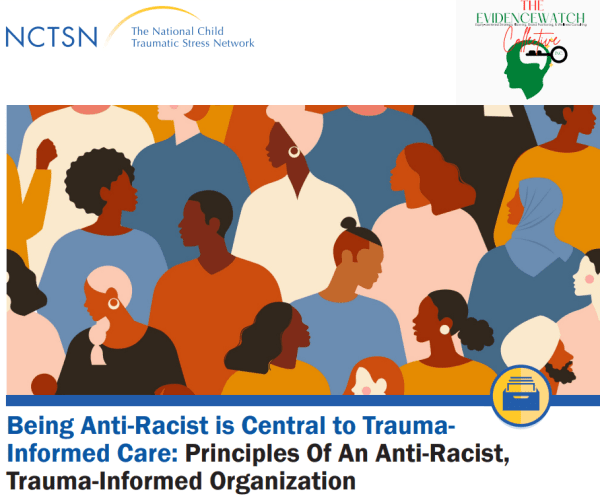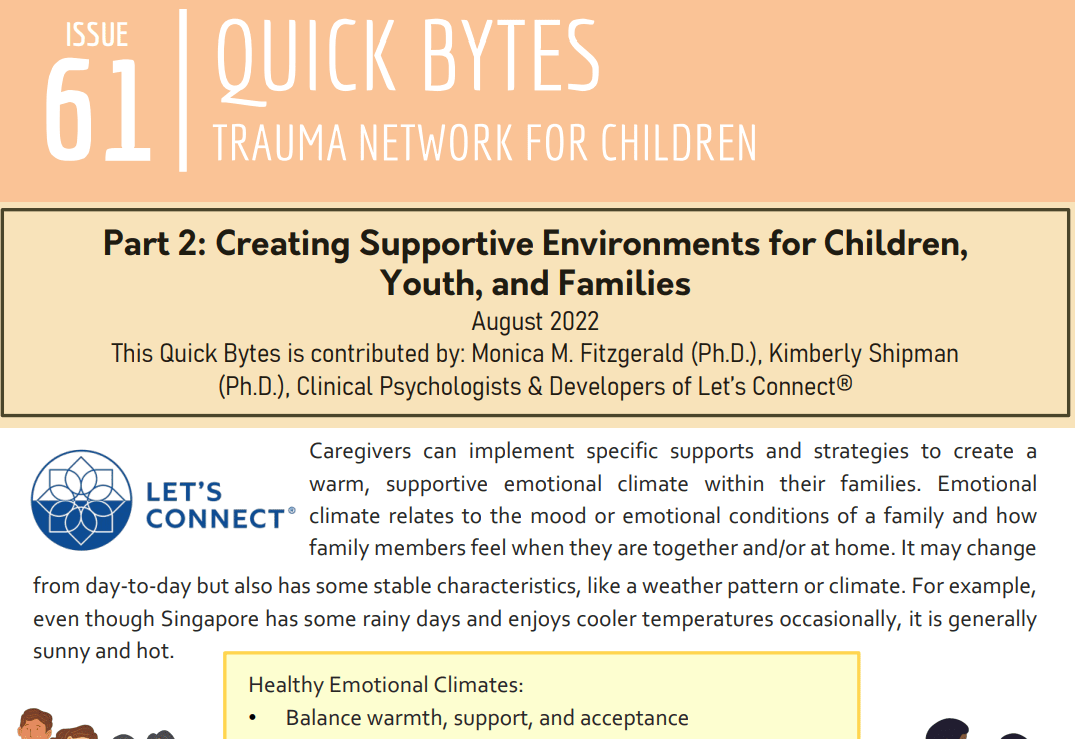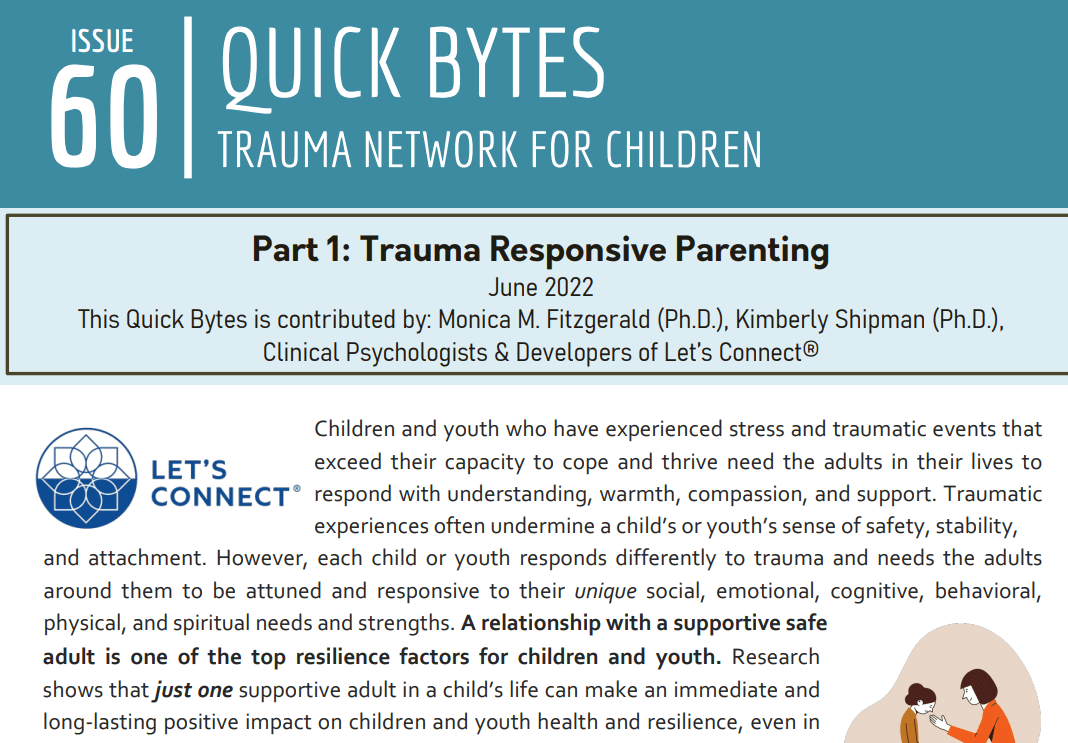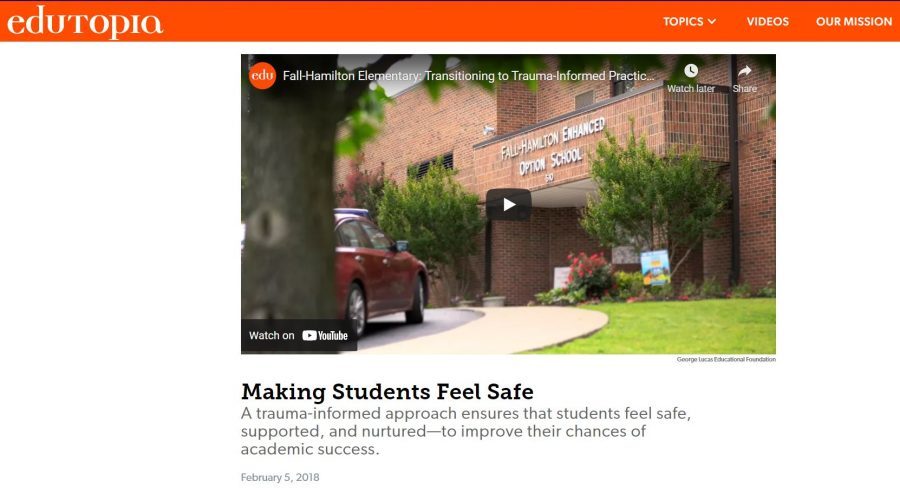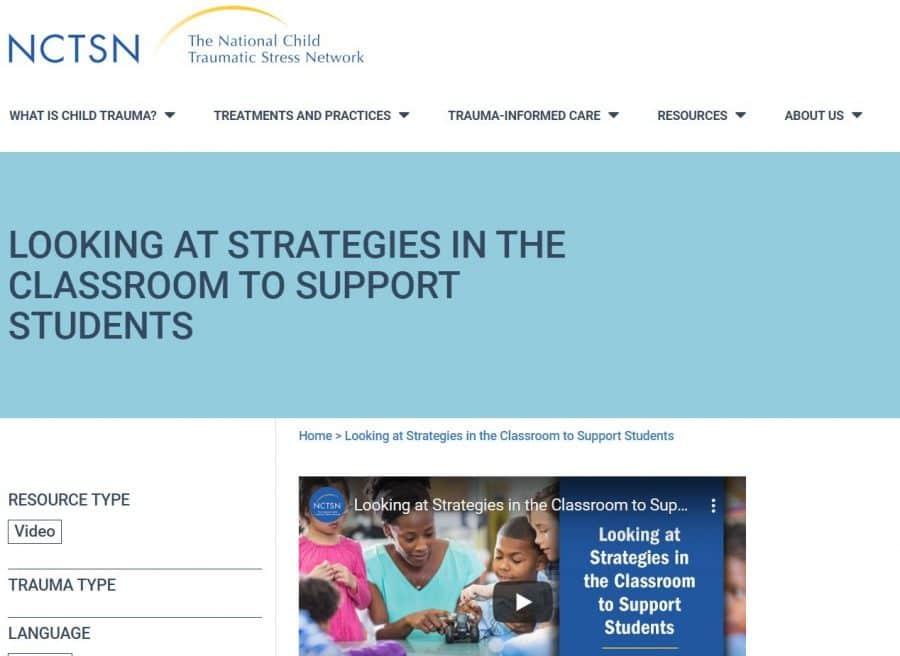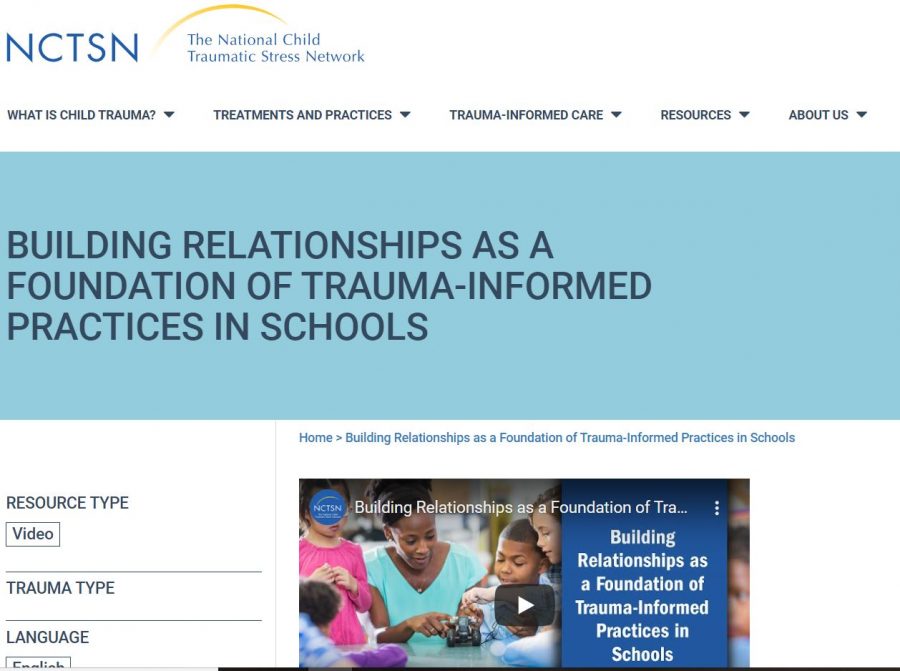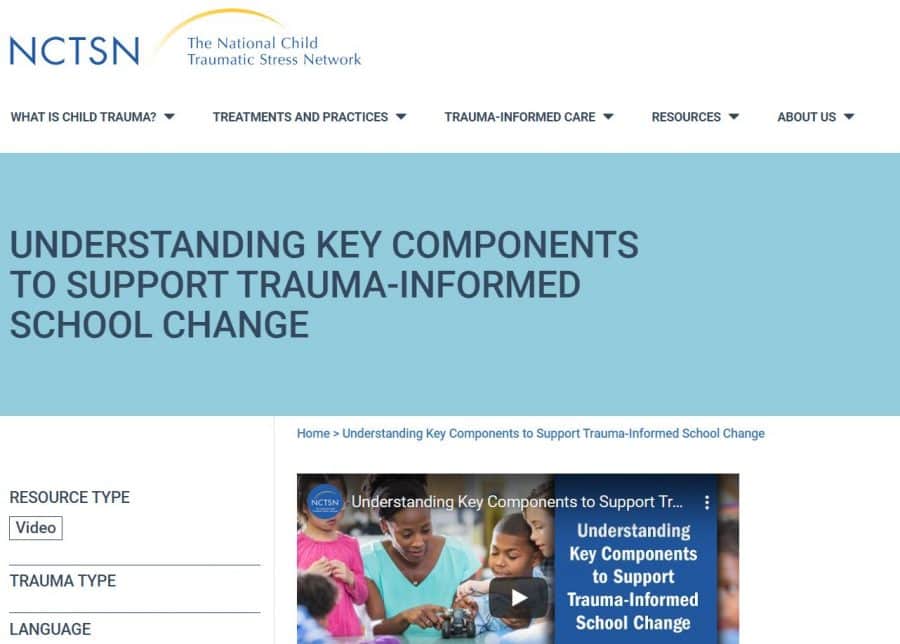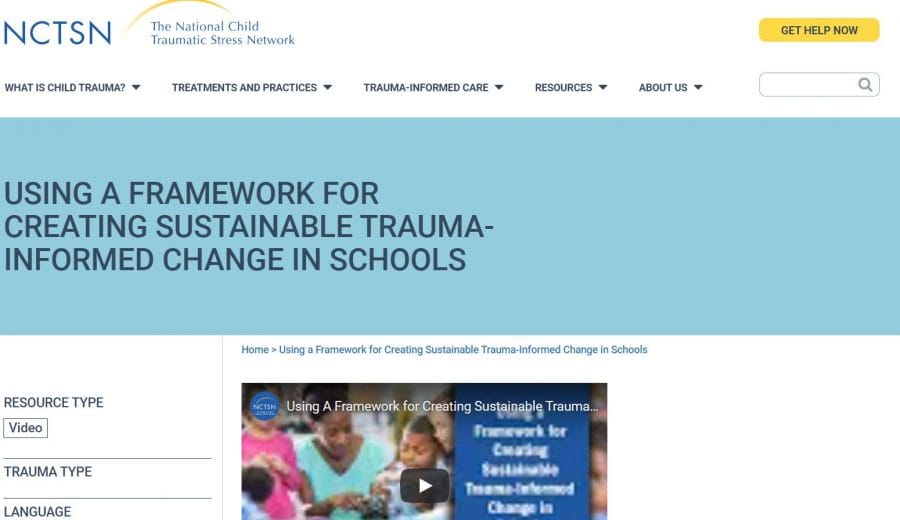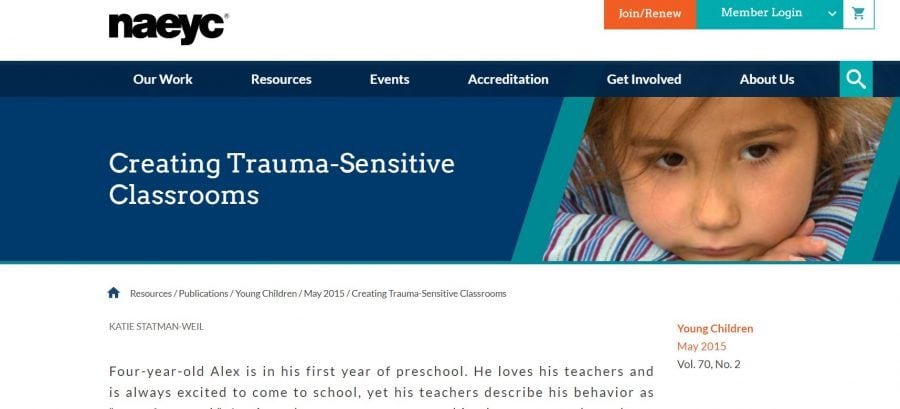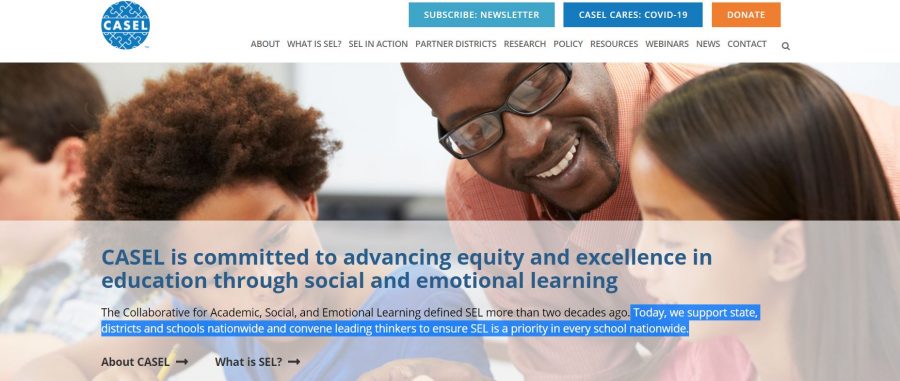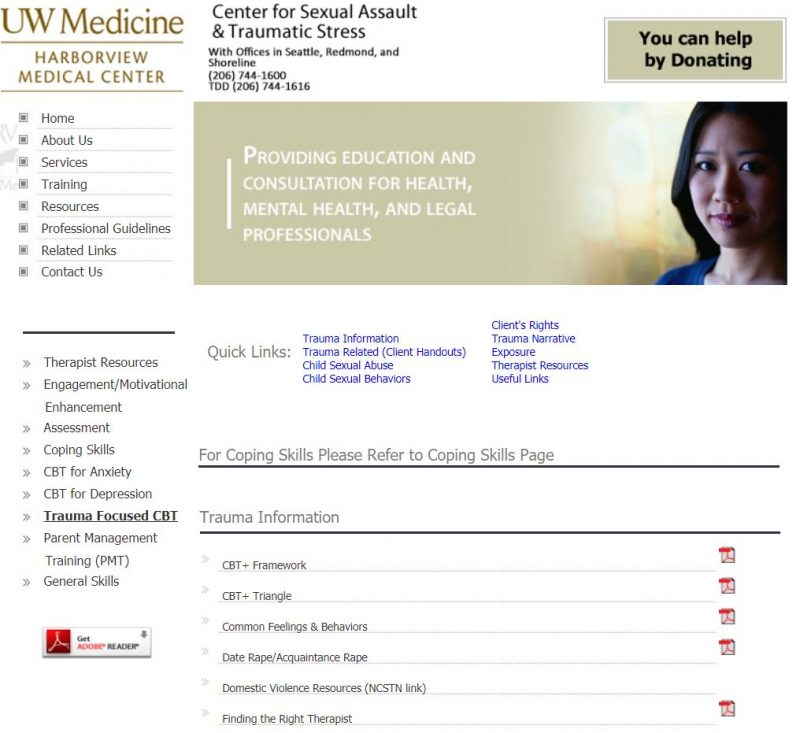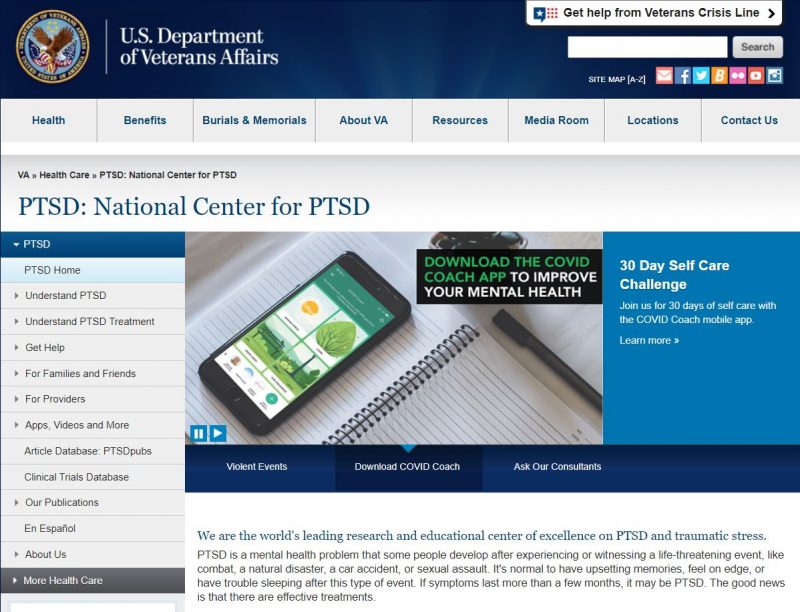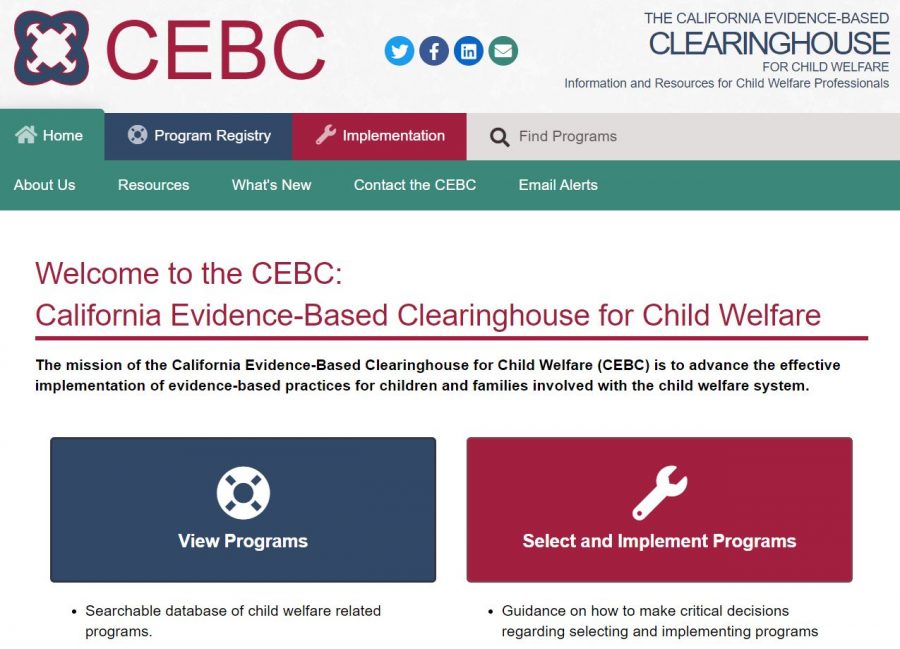Major medical associations recognize gender-affirming care as the standard of care for transgender, gender diverse, and intersex (TGI) youth. Gender-affirming care broadly refers to creating an environment that facilitates youth to move through the world safely as the gender they know themselves to be.
This includes developmentally appropriate, evidence-based care provided by medical and mental health experts in partnership with youth, parents, and caregivers. It may include evidence-based interventions such as puberty blockers and gender-affirming hormones. Gender-affirming care also includes access to opportunities that all children should have, such as playing team sports, safely using bathrooms in their schools and other public places, and positive relationships with supportive adults.
Resource Topics
Resource Type
From the NCTSN: "Systems and organizations must shift beyond performative action toward becoming antiracist and trauma-informed. This resource offers actionable principles and strategies that organizations can implement to make this move toward fundamental transformation. Our nation is at a critical precipice for reimagining how to improve access to and quality of the services for children, families, and communities throughout the United States (US) who have been traumatized by the current and historical impacts of anti-Black racism, as well as to dismantle the white supremacy culture that continues to uphold this racism. The goal of this resource is to light a fire in the bellies of systems, their leaders, and their agents to adopt conscious efforts and actions that promote equity, healing, and justice. This cannot be achieved by inspiring systems to simply think differently about individuals negotiating racism in their daily lives - they must act differently."
This resource is part II of a collaboration with the Trauma Network for Children (Singapore) and highlights skills and strategies to create intentional, supportive environments.
This tip-sheet, was created in partnership with our colleagues at The Trauma Network for Children Program in Singapore. It highlights Let's Connect communication and relationship strategies.
This video from Edutopia highlights keys of a trauma-informed approach that ensures that students feel safe, supported, and nurtured—to improve their chances of academic success.
This video from the National Child Traumatic Stress Network shares principles and examples of creating meaningful changes in the classroom that form an environment where children feel safe and willing to take risks. This video highlights successful efforts such as Morning and Threshold Greetings to welcome students, Calm Corners, and an approach to identify and support academically at-risk students.
This video from the National Child Traumatic Stress Network highlights useful strategies for and classroom examples of relationship-building and its positive impact on trauma-informed practice change in schools. In this video, teachers share guidance on practicing empathy, patience, and engagement to build trust and strengthen relationships with their students and create and affirm psychological safety in their classrooms.
This video from the National Child Traumatic Stress Network highlights the principles of the Breakthrough Series Collaborative methodology that support changes in schools, including involvement from stakeholders at multiple levels and a process of testing and adapting small changes to bring about sustainable and meaningful shifts in culture. This video also highlights key approaches such as developing administrative buy-in, engaging stakeholders (students, families, staff, and communities) at all levels, and utilizing a whole-school approach to meet the needs of all children, including those impacted by trauma.
This video from the National Child Traumatic Stress Network explains important activities for creating sustainable change in schools, including using school peers to discuss students and trauma-informed changes, sharing ideas with peers at other schools, developing collaboration with district leadership, administration, and parents; increasing family engagement; and raising awareness of key issues such as disciplinary disproportionality.
A resource from the National Association for the Education of Young Children that highlights critical practices for trauma informed education of young children.
As a guest on the 10% Happier podcast hosted by Dan Harris, Brene Brown discusses why vulnerability is a critical skill to cultivate and how you can practice it across contexts of your life.
Paper Tigers follows a year in the life of an alternative high school that has radically changed its approach to disciplining its students, becoming a promising model for how to break the cycles of poverty, violence and disease that affect families.
A documentary film that chronicles the birth of a new movement among pediatricians, therapists, educators and communities, who are using cutting-edge brain science to disrupt cycles of violence, addiction and disease.
ICCTC was established to develop trauma-related treatment protocols, outreach materials, and service delivery guidelines specifically designed for American Indian and Alaska Native (AI/AN) children and their families.
CASEL's website that includes information for educators, professionals and family members on social-emotional learning.
Guidance from the Colorado Department of Education for Schools regarding COVID-19.
Resources for Trauma Focused-Cognitive Behavior Therapy and CBT+ for mental health professional and families.
Website for the Veteran's Administration's National Center for PTSD that has high-quality information on adult PTSD including assessment, treatment and education resources.
A website that provides high-quality information for families and providers on various evidence-based treatments for child-welfare involved families.
A magazine from the Greater Good Science Center at the University of California, Berkley focusing on the science based insights on a meaningful life.


